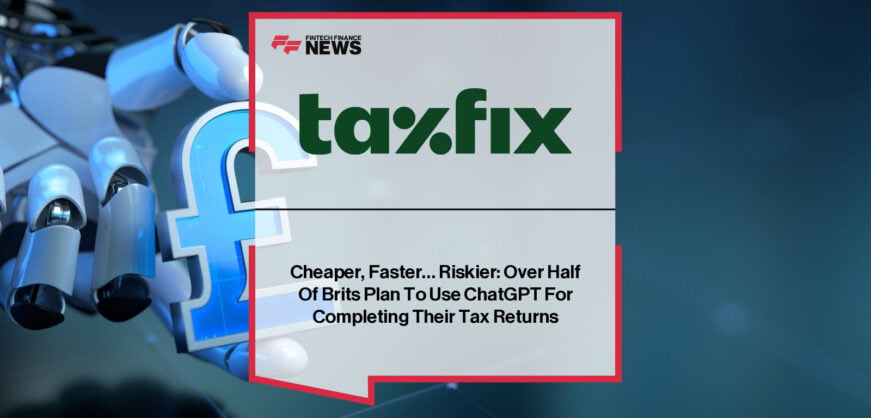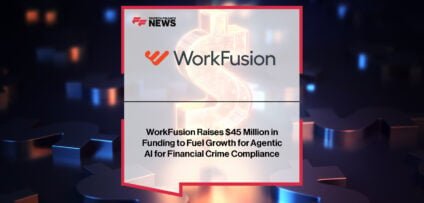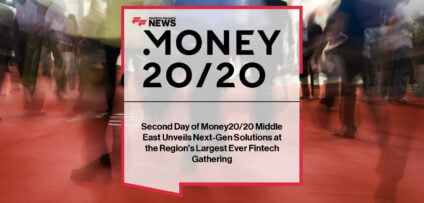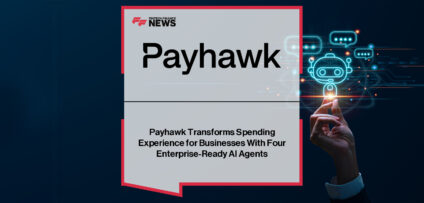Breaking News

Wolters Kluwer Reveals Industry Thoughts On the U.K.’s FCA Digital Regulatory Reporting Work Program
Wolters Kluwer’s Finance, Risk & Reporting business is proving it’s at the center of all things regulatory reporting again. This time it has released the findings of its closely followed industry roundtable on the Financial Conduct Authority’s (FCA) Call for Input on Smarter Regulatory Reporting.
The U.K.’s FCA issued the call for input in February 2018. And Wolters Kluwer has demonstrated it’s at the forefront regulatory insight, not just providing written recommendations, but also hosting a major roundtable in June. The event provided an opportunity for 50 senior bankers, lawyers and consultant (not to mention Wolters Kluwer experts) to discuss the concept of DRR with the regulator. The roundtable acknowledged that while straight through processing of regulatory returns is coming, a circuitous path remains as kinks get worked out.
The main themes to come out of the roundtable are today revealed in the Wolters Kluwer report – “Taking Digital Regulatory Reporting From Concept to Reality.”
“The chief aim of the roundtable was to provide a forum to debate issues — legal, technological and regulatory — that could facilitate or impede the introduction of DRR,” the firm said in a statement.
In its DRR project, the FCA, in conjunction with the Bank of England, invited financial institutions to explore ways to work smarter on these activities by delegating much of the hard work to technology. Success in the endeavor, as the FCA put it, “opens up the possibility of a model driven and machine readable regulatory environment that could transform and fundamentally change how the financial services industry understands, interprets and then reports regulatory information.”
Participants broadly agreed that a standardized data model is the best foundation for a DRR system, Wolters Kluwer noted. But there are solid reasons to doubt that one will be implemented for many years – perhaps five at best, but more likely 15 to 20. Some participants noted that standardization efforts covering certain spheres of financial activity have been tried, with only mixed success.
“Now is the time to ask the tough questions when it comes to the future of DRR,” commented Claudio Salinardi, Executive Vice President and General Manager of Wolters Kluwer’s Finance, Risk & Reporting business. “Most importantly, we need to ask what exactly will machines be asked to do? And we should ask whether they will be able to convey enough information accurately and consistently to bankers and regulators to permit them to draw the right inferences and insights about their institutions and the financial system, respectively.”
Cooperation and collaboration of all sorts were also big themes during the discussion. Much consideration was given to whether DRR could be implemented using a utilities model, in which relevant compliance and reporting obligations from a group of banks were ring-fenced, possibly to be outsourced to a third party.
Opinion was mixed. Outsourcing might work on tasks on which banks don’t compete, such as know-your-customer provisions. Financial institutions generally have a poor track record when it comes to sharing information and working together, one participant observed. But even if a utilities model proves impractical, other steps to facilitate cooperation might succeed.
“It would seem as though a true standardized DRR model would have to be as inclusive as possible, but variations in the scope of architectural frameworks and in supervisory standards and practices in different locales would limit the effectiveness of such a model,” Salinardi added. “Something more limited in scope was thought to have a better chance of success. A workable model that was intended to cover a certain regulatory scope, or that was created to apply in a single country, might be an easier bar to clear. It may also be the best starting point toward a more standardized data model.”
Some bankers seemed skeptical not just over whether various hurdles could be cleared, but whether crossing the finish line would feel much like victory. They wondered if digital reporting would be a significant advance on regulatory compliance and reporting as they exist today, and whether the promise of enhanced efficiency and reduced cost will be kept.
“Taking part may produce a victory of sorts, however,” Salinardi noted. “Making regulations more clear and precise, and overhauling data management architecture by updating systems and integrating them around a central data warehouse, were highlighted as vital intermediate steps that will be their own reward. If supervisors and institutions put in the effort, it should allow them to work smarter, no matter how reporting obligations are fulfilled.”
It isn’t the first time the firm has demonstrated its leadership in regulatory matters. Back in 2016 we reported how Wolters Kluwer took part in a TechSprint (sometimes referred to as a “hackathon”) organised by the FCA. The event, “Unlocking Regulatory Reporting,” was designed to improve the interface between the regulator and regulated firms, allowing participating firms to discuss the practical uses of RegTech. Notably, the finance, risk and reporting technology vendor will act as the Regulatory Reporting Subject Matter Expert for the event.
Wolters Kluwer’s Finance, Risk & Reporting business is a global market leader in the provision of integrated regulatory compliance and reporting solutions, supporting regulated financial institutions in meeting their obligations to external regulators and their own boards of directors. It receives frequent independent recognition of its leading position in the regulatory reporting field. Notably, in July 2018, Risk magazine awarded the firm its coveted Regulatory Reporting System of The Year Award.
Leading financial services firms from across the world have implemented the company’s award winning OneSumX solution for integrated Regulatory Reporting, Risk and Finance. Major financial services providers that have recently announced their use of Wolters Kluwer solutions include ABN AMRO, SME Development Bank Malaysia Berhad, Bahrain Middle East Bank, China Everbright Bank, China Merchants Bank, LGT and Nordea..
Companies In This Post
- Cheaper, Faster… Riskier: Over Half Of Brits Plan To Use ChatGPT For Completing Their Tax Returns Read more
- WorkFusion Raises $45 Million in Funding to Fuel Growth for Agentic AI for Financial Crime Compliance Read more
- AI-Powered E-commerce, Stablecoins and Local APMs: Emerging Trends Headline EBANX’s Payments Summit in Mexico Read more
- Second Day of Money20/20 Middle East Unveils Next-Gen Solutions at the Region’s Largest Ever Fintech Gathering Read more
- United Gulf Financial Services Joins The Hashgraph Association and Exponential Science Foundation Adding $1M to Hedera Africa Hackathon Pool Prize Read more











